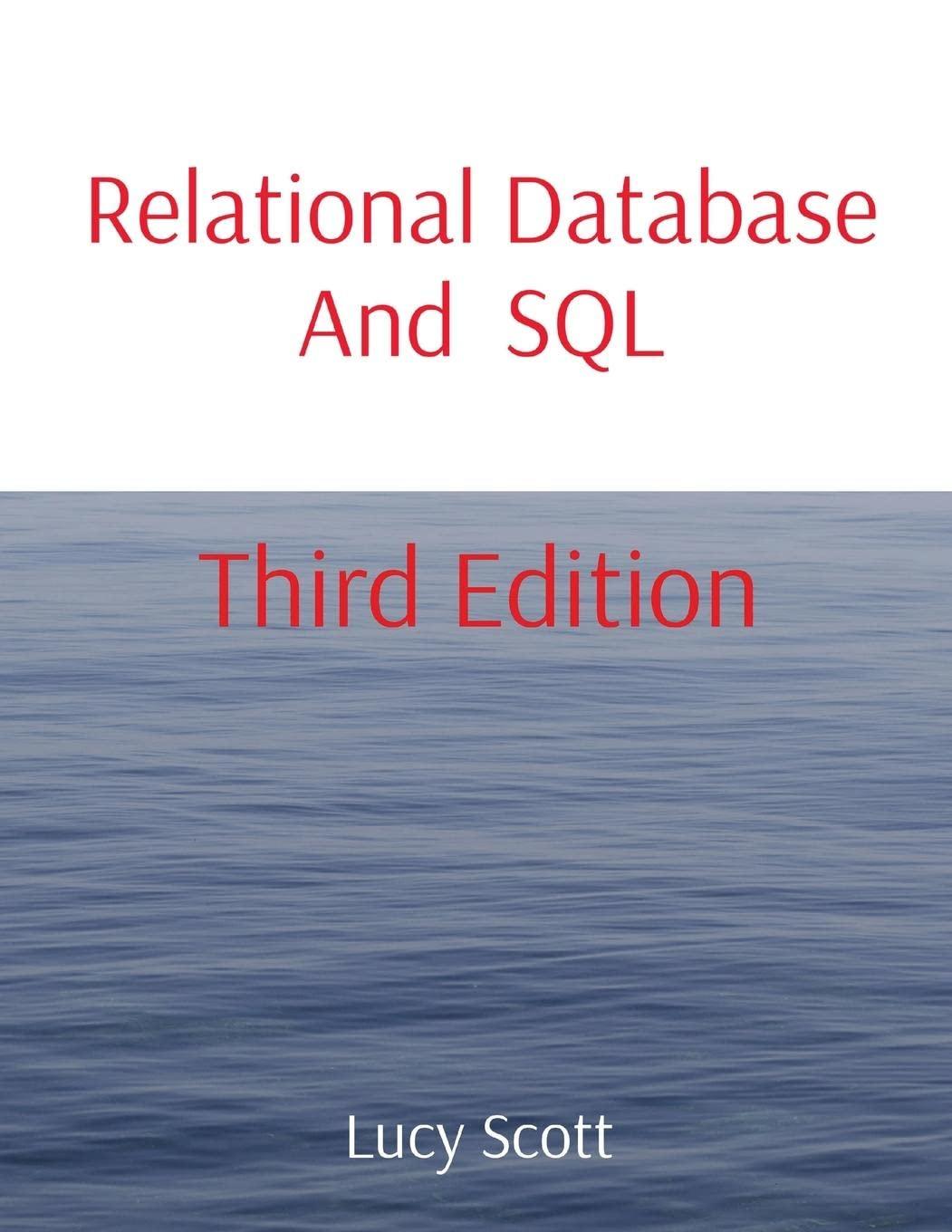Question
2.6.2 Task 6.2. Common Mistake: Use the Same IV One may argue that if the plaintext does not repeat, using the same IV is safe.
2.6.2 Task 6.2. Common Mistake: Use the Same IV One may argue that if the plaintext does not repeat, using the same IV is safe. Let us look at the Output Feedback (OFB) mode. Assume that the attacker gets hold of a plaintext ( P1 ) and a ciphertext ( C1 ), can he/she decrypt other encrypted messages if the IV is always the same? You are given the following information, please try to figure out the actual content of P2 based on C2 , P1 , and C1 . Plaintext (P1): This is a known message! Ciphertext (C1): a469b1c502c1cab966965e50425438e1bb1b5f9037a4c15913 Plaintext (P2): (unknown to you) Ciphertext (C2): bf73bcd3509299d566c35b5d450337e1bb175f903fafc15913 If we replace OFB in this experiment with CFB (Cipher Feedback), how much of P2 can be revealed? You only need to answer the question; there is no need to demonstrate that. The attack used in this experiment is called the known-plaintext attack , which is an attack model for cryptanalysis where the attacker has access to both the plaintext and its encrypted version (ciphertext). If this can lead to the revealing of further secret information, the encryption scheme is not considered as secure.
Step by Step Solution
There are 3 Steps involved in it
Step: 1

Get Instant Access to Expert-Tailored Solutions
See step-by-step solutions with expert insights and AI powered tools for academic success
Step: 2

Step: 3

Ace Your Homework with AI
Get the answers you need in no time with our AI-driven, step-by-step assistance
Get Started


